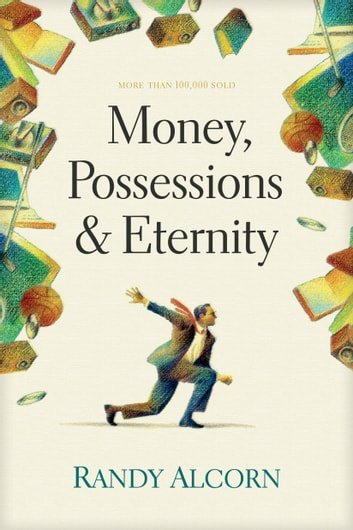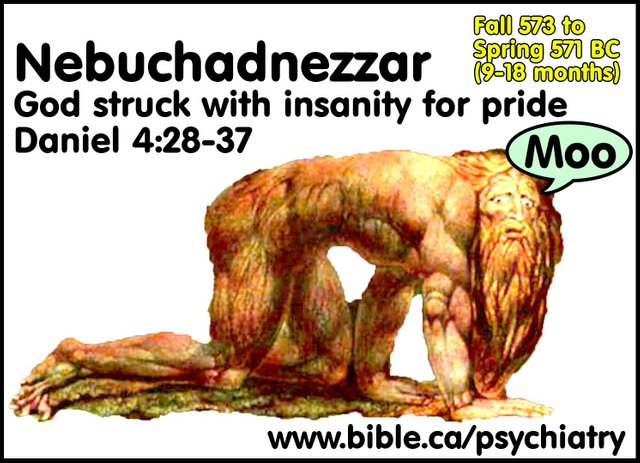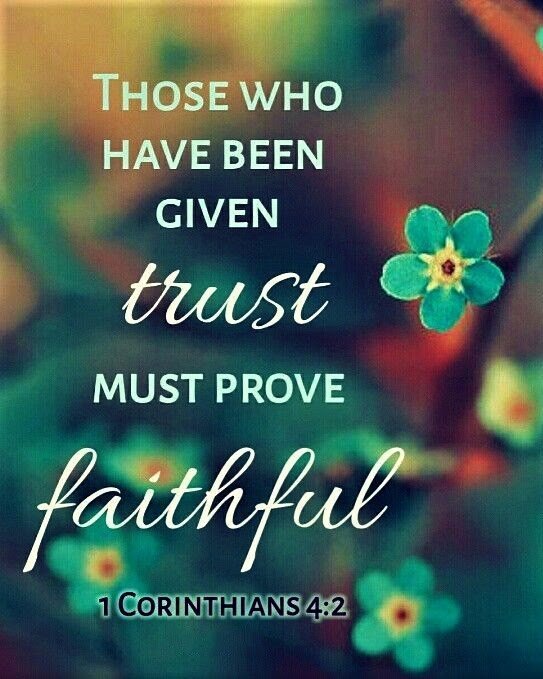MONEY, POSSESSIONS AND PRIDE.

Source: www.kobo.com
The earth is the Lord’s, and everything in it, the world, and all who live in it (Psalm 24:1).
Once our way of thinking about money lines up with God’s, it’s much easier to tackle the more practical matters about money. Understanding God's ownership of everything actually changes how we look at money and possessions. This write up should prompt us to examine our attitude about money.
Acknowledge that God Owns Everything.
The most important principle to keep firmly in mind is to understand whose money we are talking about. It’s not yours, not your spouse’s, not your parents’. It is God’s.
_God’s ownership of everything is a foreign concept to most of us. We like to think of our money and our possessions. Yet the Bible makes it clear that God owns everything. All things were created by him and for him (Colossians 1:16). _
Everything belongs to him. (GOD)
To the LORD your God belong the heavens, even the highest heavens, the earth and everything in it (Deuteronomy 10:14).
For every animal of the forest is mine, and the cattle on a thousand hills (Psalm 50:10).
The world is mine, and all that is in it (Psalm 50:12).
"The silver is mine and the gold is mine," declares the LORD Almighty (Haggai 2:8).
For everything in heaven and earth is yours. Yours, O LORD, is the kingdom; you are exalted as head over all (1 Chronicles 29:11).
Learn from Nebuchadnezzar's example.
Nebuchadnezzar, one of history’s most powerful kings, learned this lesson the hard way. One day he went for a walk. As he strolled he said, "Is not this the great Babylon I have built as the royal residence, by my mighty power and for the glory of my majesty?" (Daniel 4:30).
God’s answer was quick and to the point: He took away the king’s sanity and drove him outside to eat grass like a cow. Seven years later, when God restored Nebuchadnezzar’s sanity, the king no longer exulted in his possessions, but glorified God as sovereign over all (Daniel 4:34-37).
Acknowledge God’s ownership out loud.
A practical example is one Mrs Skeeter who sometimes does a simple exercise to help her realize God’s ownership deep in her heart. She says out loud how God owns each particular thing in her life.
She might say, "I'm in God’s house, sitting here on God’s chair, writing with God’s computer and looking out God’s window at God’s garden." When she talks like this, she feels refreshed. It seems much more special to live in God’s house than our house. Would you mind to imitate this?
"But I earned what I have. No one gave me anything." – Statement of pride

Source: www.bible.ca
Nebuchadnezzar’s sin was one of pride and the illusion of self sufficiency. In essence, he said, "Look at what I did all by myself." You may have had similar thoughts, something like, "I earned my money. No one gave me anything. I had to work for it." It may be true that you put in long hours to get where you are. Yet it is God who created you in the first place and gave you the strength and talent to make money. Consider the following verses:
You may say to yourself, "My power and the strength of my hands have produced this wealth for me." But remember the LORD your God, for it is he who gives you the ability to produce wealth, and so confirms his covenant, which he swore to your forefathers, as it is today (Deuteronomy 8:17-18).
For who makes you different from anyone else? What do you have that you did not receive? And if you did receive it, why do you boast as though you did not? (1 Corinthians 4:7).
Replace pride with thankfulness.
Replace pride with a thankful attitude. It’s okay to find satisfaction in your work (Ecclesiastes 2:24). Just remember to thank God for creating you and giving you the gifts, skills and strength that allow you to succeed.
See Yourself as God's Steward (or Assistant)
Realize that you are a steward, So Take Good Care of God's Possessions and Money
You are a steward, or manager, to whom God has entrusted a portion of his riches. You have privilege and responsibility of taking care of his property and spending his money in ways that please him.
Recognizing that you are a steward can change your outlook in many ways. Instead of asking, "What do I want to buy?" ask, "Lord, how do you want me to use your resources?"
Does the knowledge that you are a steward and don't actually own anything make you feel sad or insignificant? It shouldn't. God created you and loves you so much that he entrusted some of his riches to your care. Looking at your finances this way can be an exciting journey.
God provides for your enjoyment. The fact that you are a steward doesn't mean that it's wrong to enjoy yourself. Our main goal in life should be to love God and others, not to satisfy our own desires. Yet God loves us and as a father gives us gifts to enjoy.
Command those who are rich in this present world not to be arrogant nor to put their hope in wealth, which is so uncertain, but to put their hope in God, who richly provides us with everything for our enjoyment (1 Timothy 6:17).
You will give an account to the Lord.
In Matthew 25:14-30, Jesus taught the parable of the talents. In this story, a man gave each of three servants varying amounts of money to take care of while he was on a trip.
When he returned, two of the servants reported that they used the money wisely and earned more money. The master rewarded them for their faithful service.
The third servant, however, said he buried his money. He did not make a profit or earn any interest. He was severely punished.
Throw that worthless servant outside, into the darkness, where there will be weeping and gnashing of teeth (Matthew 25:30).
Jesus taught this parable about money to illustrate a spiritual truth, not to give a lesson in financial management. Yet by using this illustration, he also let us know we are to use his possessions in a trustworthy way. We will give an account to God about our stewardship.
So if you have not been trustworthy in handling worldly wealth, who will trust you with true riches? And if you have not been trustworthy with someone else’s property, who will give you property of your own? (Luke 16:11-12).

Source: wiirocku.tumblr.com
Now it is required that those who have been given a trust must prove faithful (1 Corinthians 4:2).
There's no point in doing this, "Acknowledge God’s ownership out loud."